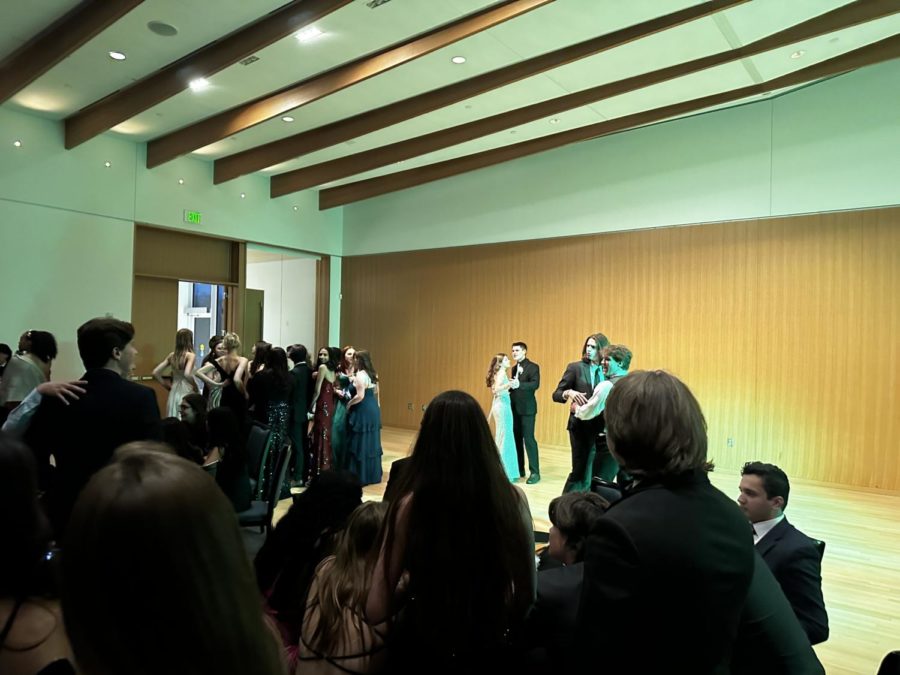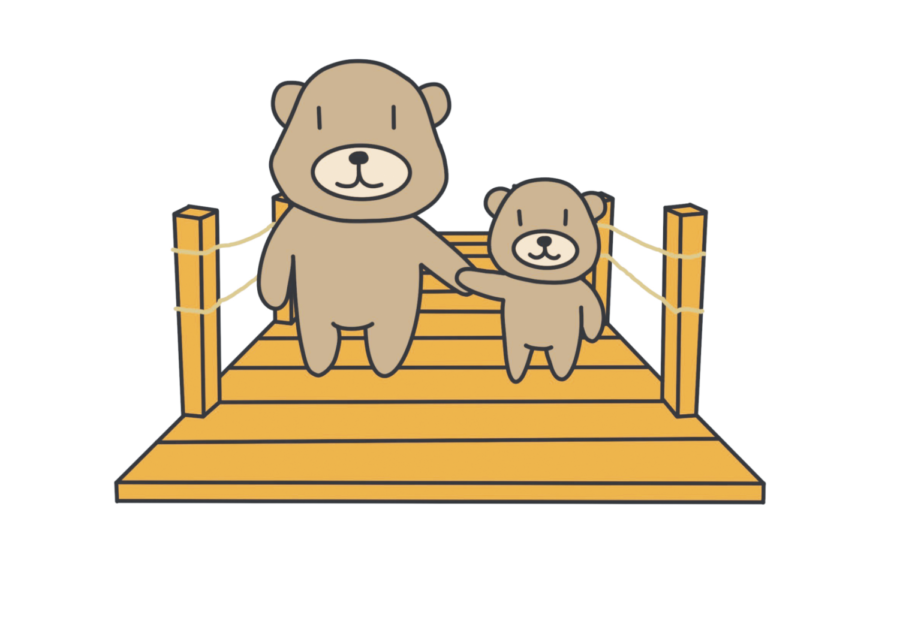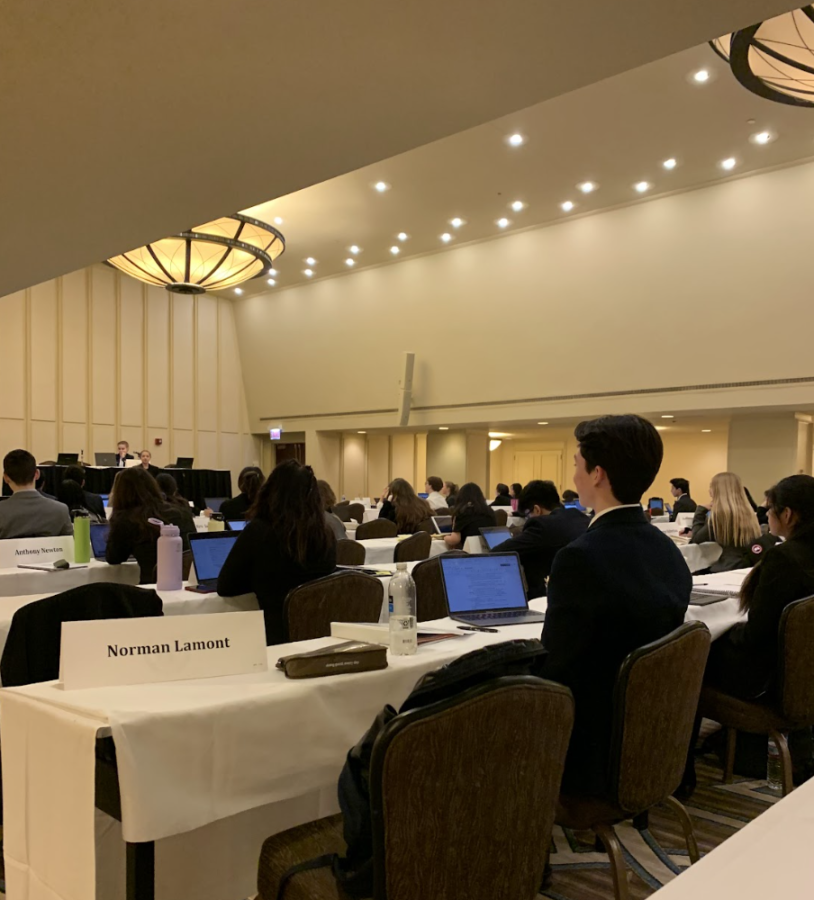Already in its second year, Blake’s Beekeeping Club is off to a burgeoning start, collecting publicity from Kare 11 and MPR news. Since the bees’ arrival in May, in partnership with Community Bees on Bikes, the bees have been mostly healthy. This summer, however, Blake’s bee population suffered from sporadic deaths, possibly following the mysterious national trend of bee-die outs.
When interviewed by MPR news, faculty adviser Dion Crushshon said, “It’s not that you wish it would happen [to your hive], every aspect you learn something. You learn how tenuous the survival of hives is and why it’s all that important that there are folks who are interested in keeping bees, because they are having trouble on your own.”
On a visit to the Minnesota State Fair, Alyssa Fine, the American Honey Bee Queen, stated, “typically we lose about 30% of our bees every year for various reasons, like colony collapses.” There is hope that the deaths of Blake’s bees are just a sign of natural selection at work, however if the deaths continue the health of our bees becomes more concerning.
According to Fine, what is causing the massive bee die-outs is “the million-dollar question, probably billion dollar or whatever the figure is that is spent on bee research – it’s expensive!” Perhaps the reason why researchers have been so puzzled by the bee die-outs is that “they are trying to do an autopsy on a body that’s not there because the affected bees are gone.”
Based on the research that has been done, scientists know that the health of the hive depends on a plethora of factors. “Things like the health of the bees, the genetics of the bees, the weather conditions, how much nectar is being produced, are there pests or pathogens or parasites or diseases in that hive, are there chemicals in that hive, not just stuff from outside sources, but also the things the bee keepers use to keep out pests, pathogens and parasites from the hive,” could be responsible for the mysterious deaths, said Fine. “All of these things coming together, the whole is greater than the sum of its parts.”
Blake has taken a crucial step towards promoting bee health by starting its own beekeeping club. Blake’s bees live in hives enclosed by a ten by ten foot wooden fence visible from the windows on the south side of the library. Maggie Ritten ’13, the president of the Beekeeping Club, does not expect the bees to produce honey in their first year, but hopefully by springtime there should be some homegrown honey in the cafeteria.
If you are particularly ambitious, you can keep bees at home. As Fine says, “there is no time like the present.” She recommends taking advantage of the resources available at the University of Minnesota: “[there is] a really great beekeeping in northern climates short course every March. This next year it will be March 2-3… They give you all the tools [and information] you need to get started.”
Beekeeping isn’t a feasible option for all Blake students; hence Fine suggests planting wildflowers in your yard, providing foraging bees with a variety of nectar and pollen to balance their diet. Blake’s environmental science classes have done just that, planting gardens near the hives. “And if that’s too scary, just buy honey and beeswax from local sources, because you are supporting the beekeepers in your area,” says Fine. “You will literally see the fruits of their labor.”
Even if honey isn’t your thing you can help by either donating directly to the Foundation for the preservation of honeybees or just by buying Häagen-Dazs ice cream. Häagen-Dazs donates money to honeybee research every year, “because a lot of their ingredients depend on the honeybee population and they know that if the bees disappear they are out of business,” according to Fine.
Check out a video of Ritten and Sky Bork ’13 featured on an October 4 broadcast of “Cool in School” on Kare 11: Blake Beekeepers on Kare 11













